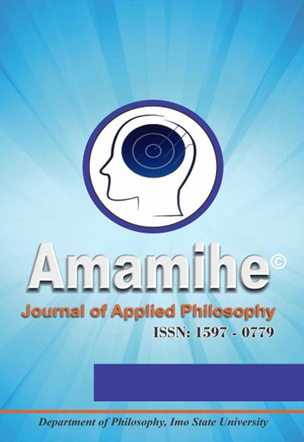
Vol. 21 No. 2, 2023
ABSTRACT
The German philosopher Ludwig Andreas Feuerbach is regarded as the father of atheistic humanism. His critique of traditional metaphysics and the Christian religion attained its peak with his projection theory in his opus magnum Das Wesen des Christentums (The Essence of Christianity, 1841). According to Feuerbach, the idea of God is really no more than the idea of our own human essence projected as a supernatural entity distinct from and opposed to us. Thus, for Feuerbach, religion is “the self-alienation of the human being, the division of the human being from himself.” Feuerbach believes that his critique of religion inaugurates the turning point of history when the human being becomes aware of his alienated divinity and reclaims it. His battle-cry is: "Homo homini Deus! which means "Human being is his own God." The secret of Theology, Feuerbach concludes, is Anthropology. This essay critically examines the projection theory of Ludwig Feuerbach as the precursor of all projection, illusion and delusion theories of religion in order to refute and reject it. The essay argues that God is neither a human projection nor illusion nor delusion but the "Wholly Other" (Totaliter aliter) who is in a perduring dialogue with human beings.
